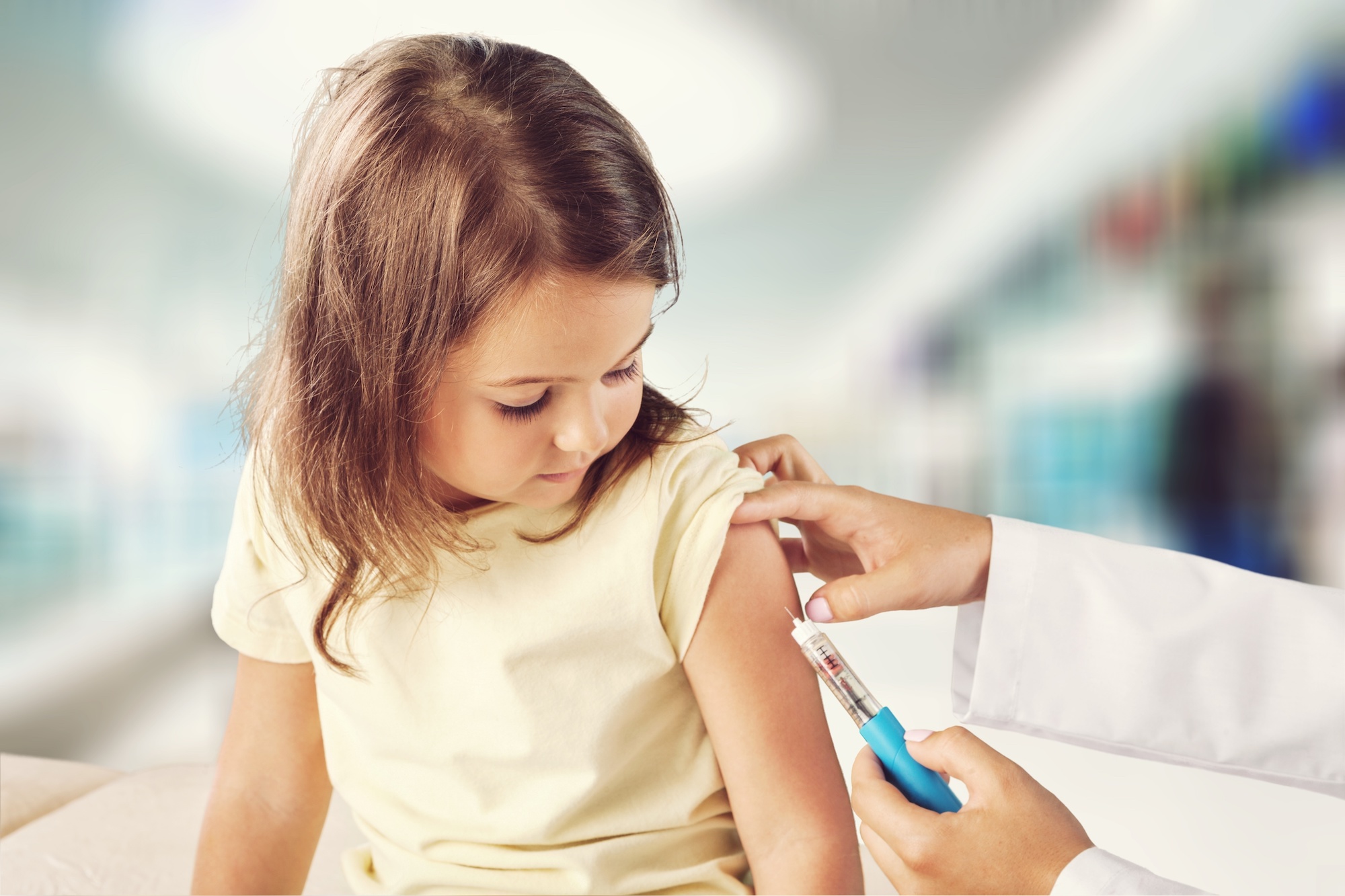There has been some debate about vaccines lately, ranging from if you need them to what the law says. However, the viewpoints we tend to hear are from our neighbors, celebrities and anonymous voices on social media – people who may or may not have access to the latest news or credible resources. This is what your family doctor wants you to know about vaccines from a medical perspective.
1.Georgia law requires children to be immunized. Children are only exempt if a parent or guardian submits a written statement from a licensed physician. Only you and your doctor can determine that together.
2. Good hygiene can’t replace the need for vaccines. Access to great medical care, less crowded living conditions and better nutrition are all helpful, but only vaccines can reduce the spread of disease. You may wonder why, if you’re living in Georgia, you should vaccinate your child against polio, if it’s only prevalent in Pakistan. However, as people travel, diseases can be reimported back in the States. For instance, in 2014, there was an outbreak of measles at Disneyland. The outbreak quickly grew into 147 confirmed cases over seven states, Mexico and Canada.
3. Vaccines prevent the spread of dangerous and contagious diseases. They help to build up antibodies against the disease so you can avoid getting it – and spreading it. You can protect the people around you, including infants, the elderly, and those with compromised immune systems (such as transplant recipients and those with cancer) who cannot get vaccinated.
4. Sometimes you may also need a booster shot, or a second vaccine, to get 100% protection.
5.One good example to show how vaccines work: Smallpox used to be a deadly illness. It is estimated to have killed up to 500 million people worldwide in the 20th century. Since a vaccine was discovered, the disease has been eradicated. We don’t even need to be vaccinated for smallpox anymore. According to the CDC, similar vaccines have prevented 21 million hospitalizations and 732,000 deaths in children born between 1994 and 2013.
6. What vaccines will you need for school? The CDC, the American Academy of Pediatrics and the American Academy of Family Physicians, among other organizations, all recommend a schedule of vaccines to cover 14 diseases for children. These vaccines all undergo long and careful review by scientists and the federal government before they are approved for public use. Understandably, the schedule can still be confusing to parents. Studies show that almost one-fourth of school kids may get behind on the recommended vaccines.
Before entering kindergarten, your child must show proof of the following shots:
• Diphtheria, pertussis and tetanus (DPT); polio; measles, mumps and rubella (MMR); Hepatitis B; Chickenpox.
Before entering 7th grade, your child must show proof of the following shots:
• Tetanus, reduced Diphtheria and acellular pertussis (Tdap); Measles, Mumps, and Rubella (MMR).
Out-of-state students must show proof of chickenpox immunization.
Check out the state of Georgia’s handy guide at www.nvic.org.
7. We’re here to answer all of your questions. It’s your doctor’s responsibility to make sure you have accurate information about the safety and efficiency of vaccines. So feel free to ask questions. Here are some topics you may want to consider talking about…
- Ask your doctor’s office if it participates in a national online registry that will track your family’s immunization records. This can help if you recently moved, or will move out of the area someday.
- Ask about notifications to help alert you when a family member is due for a vaccine.
- What will happen if a child is behind or doesn’t get all of the recommended doses? Will she still be able to go to school?
- What vaccinations do I need as an adult?
For more information, the Centers for Disease Control and Prevention also has a resource guide for parents on their website that you can access here.
8. Don’t let cost be a barrier. YourTown Health will work with you to find coverage, either through insurance of the national Vaccines for Children program. Your friendly staff at YourTown Health is always available to help with advice, care and the vaccines you need. Schedule an appointment at one of our seven clinics in the area.

